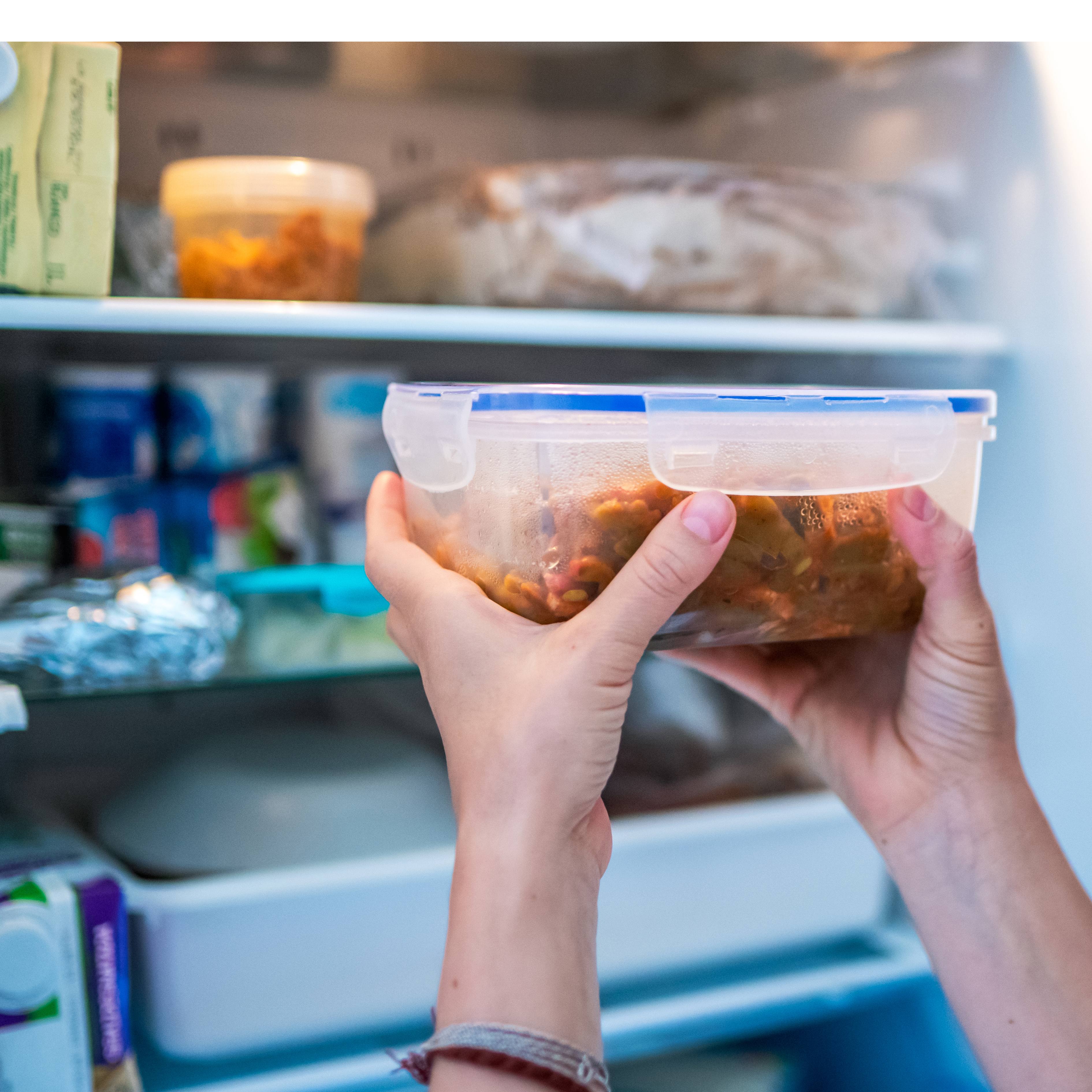-

Mayo Expert Offers Marathon Tips to Stay Healthy Before the Big Race
ROCHESTER, Minn. — October 1, 2012. No matter how long or diligently runners train before a marathon, they invariably cross the finish line with some mark of the endurance test they've just experienced. To help alleviate injuries and stay healthy on race day, Ed Laskowski, M.D., co-director of the Mayo Clinic Sports Medicine Center, offers runners prerace tips for a rewarding marathon experience.

Dehydration, sprains and "hitting the wall" are among some of the most common race-day problems However, some pain prior to race day doesn't mean runners need to stay at home.
"Soreness of muscles and tissues as you progress through higher levels of training and increasing mileage is normal. If the soreness resolves as you continue to run and doesn't interfere with your running mechanics, you likely can continue," says Dr. Laskowski. But sometimes runners should have an injury professionally evaluated before continuing. "Pain associated with joint swelling or that causes the joint to feel unstable should be checked. You should also seek an evaluation for pain that persists or intensifies after rest from running or pain that causes you to compensate, change your running, or change your gait."
Hydration and energy-boosting carbohydrates during the race also contribute to a healthy race with low risk of injury, Dr. Laskowski says. He advises that if you eat and drink sufficiently in the 8–12 hours prior to a long run, then you should be close to being well hydrated. On race day, water and milk, fruit juice and sports drinks can be consumed up to an hour prior to your run. During the run, sports drinks are a good source of energy, and the sodium they contain may help stimulate thirst and replace electrolytes lost through sweat. After the run, when you are in recovery mode, veggie juice, chocolate milk, smoothies and fruit juice are good choices for hydration.
Dr. Laskowski offers the following tips for marathon runners just prior to the big race:
- The day before the marathon, consume extra calories, especially high-carbohydrate foods such as bread, cereal, rice, pasta, and/or potatoes.
- To enable fluid absorption, start drinking fluids at least four hours before exercise.
- Most marathoners find they perform better if they consume carbohydrates during the race. Sports drinks, bars and gels are good options.
- To avoid runners' diarrhea, at least one day before running, limit or avoid sweeteners called sugar alcohols — most often found in sugar-free candies, gum and ice cream. For three to six hours before running, limit or avoid caffeine and high-fat foods.
- After-marathon food should include protein, preferably peanut butter or string cheese, which you should eat within two hours after stepping off the course.
For an interview with Dr. Laskowski or colleagues, please contact Nick Hanson at 507-284-5005 or via email at newsbureau@mayo.edu.
###
About Mayo Clinic:
Recognizing 150 years of serving humanity in 2014, Mayo Clinic is a nonprofit worldwide leader in medical care, research and education for people from all walks of life. For more information, visit 150years.mayoclinic.org, www.mayoclinic.org and newsnetwork.mayoclinic.org.
Media Contact: Nick Hanson, 507-284-5005 (days), newsbureau@mayo.edu







